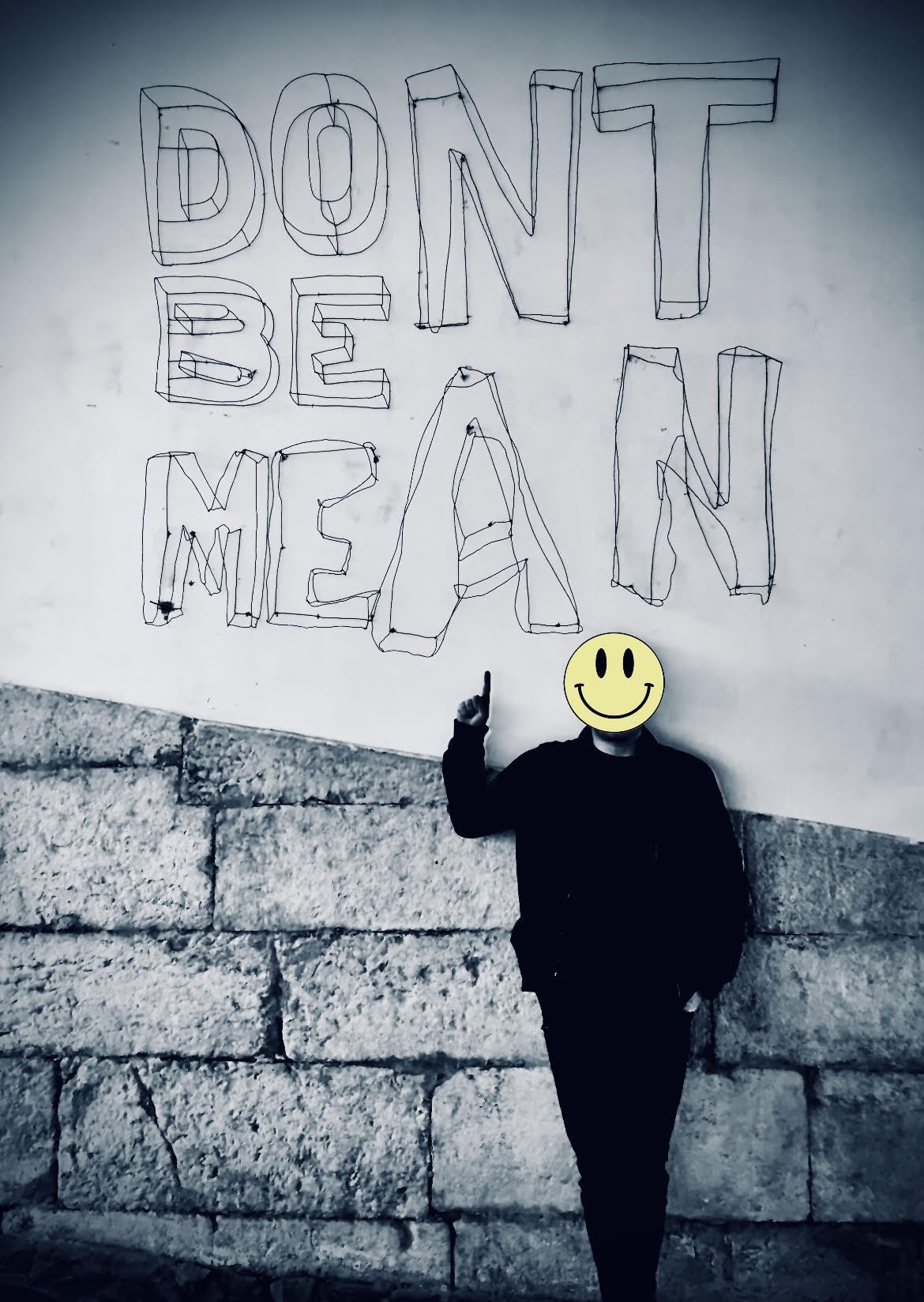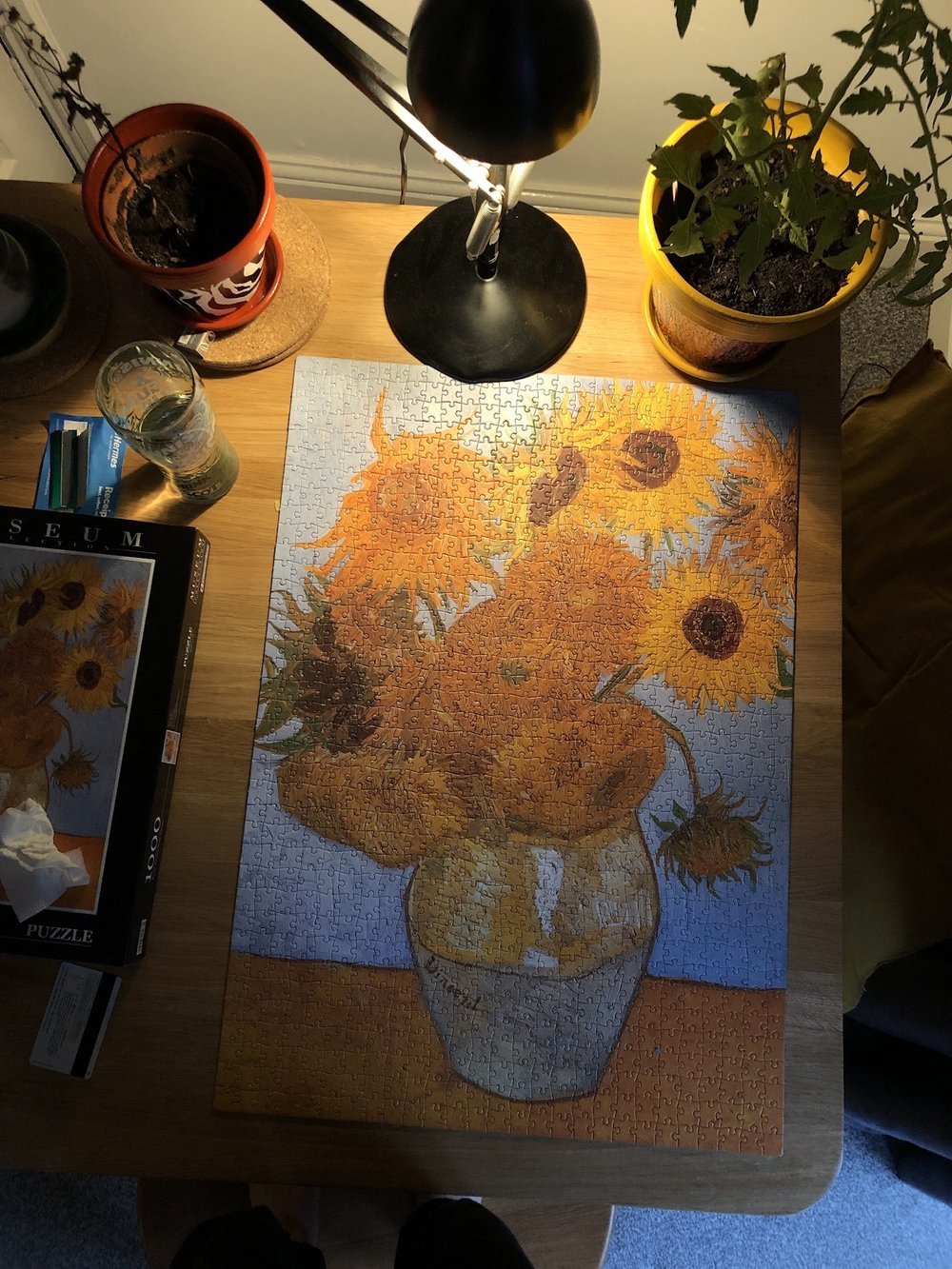Blog

Olena’s Story: “Your Brain Is Growing”
Olena gives her memories of growing up experiencing DPDR, shares her insights on the roots for her and how she has honed skills to feel well.

Elisabeth’s Story: The Great Unreality
Elisabeth shares her perspectives on a life lived with DPDR - and how she’s learned to frame having the condition in a more positive light.

Roya’s Story: The DPDR Halloween Special - Finding Comfort In The Strange, Scary & Uncanny
Roya shares why the so-called spooky season is a beloved time of year for them, and how it brings some relief from DPDR.

Hemera’s Story: Experiences With Equine Assisted Therapy
Hemera has been undergoing Equine-Assisted therapy - and bravely shares what the experience has been like for her.

Eklavya’s Story: Supporting Those Experiencing DPDR
Caring for somebody experiencing DPDR can be challenging. Eklavya shares a perspective on how best to do this.

Altered States - Part 2: Before
The second instalment of a 9-part blog series written by Rob.

Olivia’s Story: Tufting For Connection
Olivia has found her love of crafts to be an essential coping strategy in her journey with DPDR.

Shannon's Story: Demystifying DPDR and Finding Your Keys
Like all of us, Shannon has been on a journey of coming to terms with her DPDR diagnosis and finding coping strategies that work for her.

Jacqueline's Story: Tempo
Jacqueline has found fulfilling her dream of learning to play the piano to be an important part of her DPDR journey.

Altered States - Part 1: The Day Everything Changed/The Day Reality Shifted
The first instalment of a 9-part blog series written by Rob.

Lottie's Story: I Don't Know Who You Are, But I Love You
Lotties shares her advice for navigating relationships with DPDR for Valentines Day.

Evan's Story: From Trauma To Acceptance
Evan has lived with DPDR long term, and has found accepting it to be his best coping strategy.

Joe's Story: Mental Health During The Holidays
Joe finds that he struggles more with his mental health during the holiday period - and has had to develop coping strategies to make December an easier experience.

Samara’s Story: Life Under a Veil
Samara is an actress and writer who has found engaging with the Arts to be an important coping mechanism for life with DPDR.

Howard’s Story: The New Path
For those that are new to the condition, or have only now just put a name to it, you're now on a new path. I have been diagnosed with this condition for a number of years – and if DPDR is connected to anxiety, controlling that did not help. I think this might be because reaching out added to the condition and highlighted other people not understanding – shrugging their shoulders, or the doctor saying, “take two of these and see me in the morning.”

Jacqueline’s Story: The Peculiar Grace Of Talking To Others
*Trigger warning: mentions of suicide, self harm, abuse & psychological distress
At the moment, I speak to the Samaritans nearly every day. I’m not suicidal. I do not want to hurt myself. I am really feeling alone. I have been lonely before: in fact, in my family of origin I was so used to it that I didn’t really see it for what it was or how it made me behave.

Alli’s Story: Putting The Pieces Back Together
*Trigger warning: mentions drug use
I would like to start by saying to anyone feeling incredibly hopeless about their DPDR experience: after five years with this condition, I am better. By that, I mean - I am able to experience clarity, perspective, space, ease, a sense of self, and, crucially… connection with myself and others. Not all the time, and not always fully, but the fact it is possible is enough. Suffice it to say: Feeling better is possible. There are tools and techniques. There is hope.

Kian’s Story: Photography Gives Me Connection to the World
The Dissociation Photography Project is something I have been working on for a couple of years now. From 2021 onwards I have been on a journey of self-exploration. Photography is something I was able to find in the midst of my darkest days, my connection to the sunsets, forests and the moon allowed me to start feeling a part of the greater world - us humans are a part of nature, just as much as anything else.

Emily’s Story: Coming To Terms With DPDR
*Trigger warning: mentions mental health and struggles with DPDR*
My name is Emily, I am 29 years old and I have Sensory Processing Disorder and I am Autistic. I live in the UK and have always struggled with my mental health since my early teens. I had never experienced dissociation until September 2020. I described it as having had ‘a flash’ of it (a 'flash’ meaning a feeling which last just a few seconds).

Kimberley’s Story: A Psychologist’s Perspective
*Trigger Warning: contains references to drug usage, psychological distress and physical health concerns.
When I was 18 years old, I tried cannabis with my then partner. Moments later, I experienced intense panic and a sense of unreality that left me terrified and literally shaking for hours. This state unfortunately persisted for months. Over this time, everything felt distant, like I was in another dimension, or weird dream.
